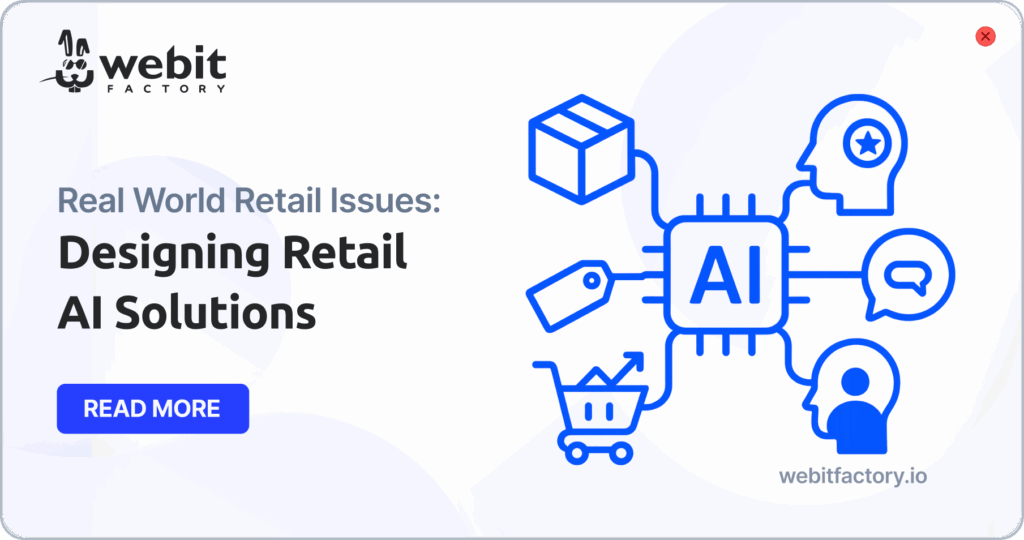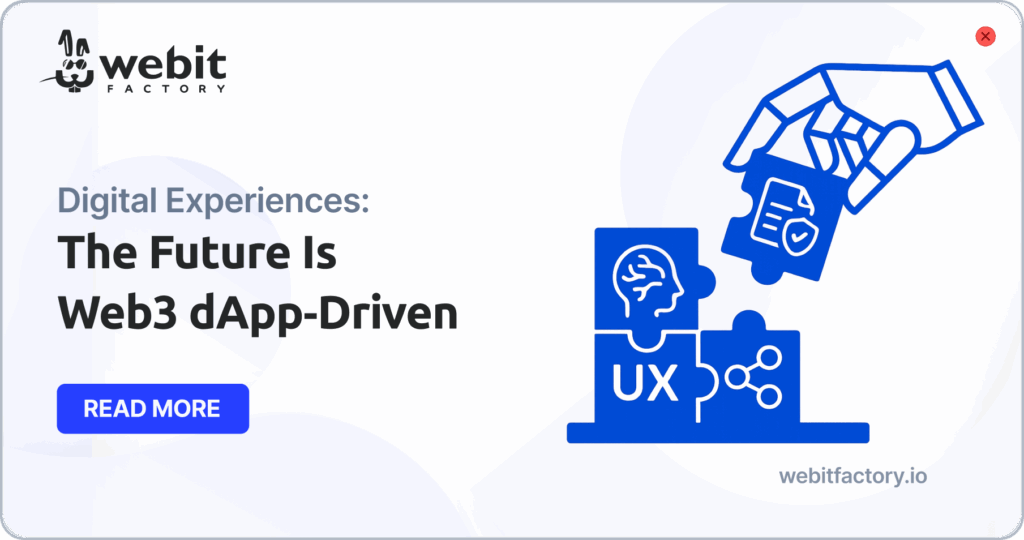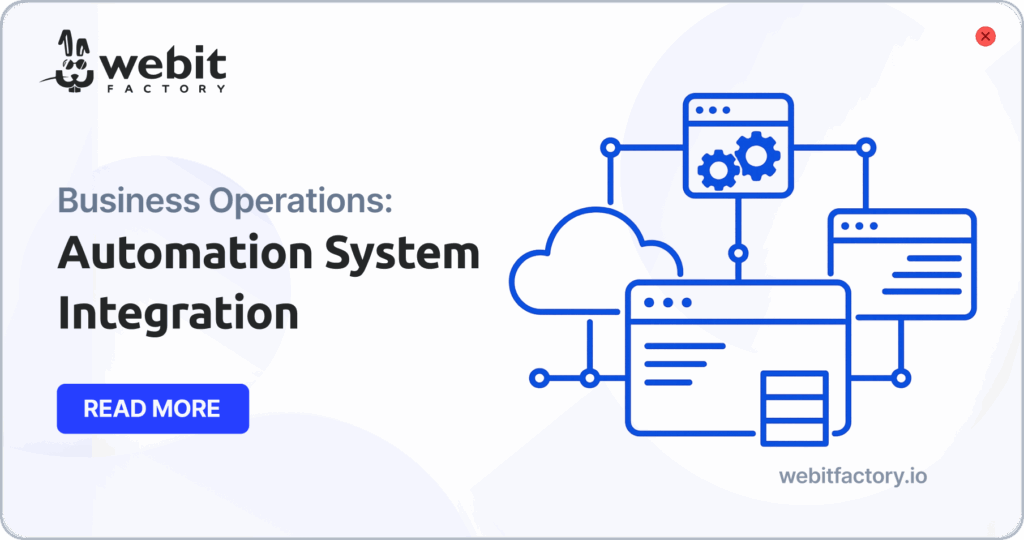Artificial Intelligence (AI) is reshaping the business landscape, propelled by advancements in data analytics and processing power. AI is not just enhancing business operations, is making industries more efficient and effective. As businesses strive for innovation, AI emerges as a critical tool for navigating complex organizational challenges and driving growth.
The surge in AI systems is not coincidental, it’s driven by two essential factors: the abundance of big data and the rapid advancement of processing units. As industries continue to evolve and demand greater effectiveness and efficiency, the need for innovative AI-based systems becomes obvious.
AI systems have not only enhanced business functions but have also left a profound impact on their overall performance. However, with the integration of automated systems, the complexities within organizations have grown in tandem. While certain human capabilities have limitations, AI administration has proven to be a valuable asset in managing intricate systems.
The application of AI systems extends across various organizational processes and departments, ranging from marketing and risk management to customer relationship management. In this context, the study titled “Role and Application of Artificial Intelligence in Business Analytics”, published in the International Journal for Global Academic & Scientific Research, delves deep into the implications and possibilities of AI in modern business analytics.
Insights from the Field: A Comprehensive Study
The study from the International Journal for Global Academic & Scientific Research highlights AI’s impact on business analytics, showing how it aids in marketing, risk management, and operations. With 198 professionals surveyed, it found AI enhances marketing strategies (mean score 4.01) and improves customer reactions (mean score 3.96). It also supports economic growth and cybersecurity (mean score 3.91), and boosts productivity (mean score 3.66). These findings underscore AI’s role in advancing business practices, with significant implications for various industries

What Is the Measurable Impact of AI on Business Analytics?
The study highlights AI’s tangible benefits, such as creating more efficient marketing models and sharpening competitive edges in the market. It emphasizes AI’s capability to analyze unstructured data, leading to smarter business decisions and innovations in corporate processes. The findings, supported by statistical analysis, affirm AI’s transformative role in business analytics, underscoring its value in driving progress and sustainability in today’s digital economy.
AI in Business Intelligence

The article from the International Journal of Computer titled “Machine Learning and AI in Business Intelligence: Trends and Opportunities” is a must-read for anyone curious about how AI is changing the business world. It breaks down topics like predictive analytics and AI chatbots into understandable insights, showing us the future of business is here. This study is a great resource for getting up to speed on the latest in AI and machine learning, making complex tech trends accessible to all.
Integrating the power of AI and machine learning with business intelligence is akin to having a trusted advisor who can analyze vast amounts of data to help organizations make informed decisions. Imagine a retail company using predictive analytics to forecast customer demand accurately. By analyzing historical data, machine learning algorithms can identify seasonal trends, regional preferences, and even the impact of external factors like weather. Armed with these insights, the company can optimize inventory levels, plan targeted marketing campaigns, and offer personalized recommendations to customers. This not only enhances customer satisfaction but also leads to cost savings and revenue growth. The ability to harness data in this way is what makes AI and machine learning in business intelligence so invaluable in today’s competitive landscape.
What are the best AI Trends?
Imagine a world where data is not just information but a powerful tool that propels businesses to new heights. This transformation is at the core of an article titled “Machine learning and AI in business intelligence: Trends and opportunities” published in the International Journal of Computer. In simple terms, it’s about how cutting-edge technologies like machine learning and artificial intelligence (AI) are changing the game in business intelligence. Let’s dive into these trends and discover how they can help modern businesses thrive in the data-driven era.
1. Predictive Analytics
Predictive analytics, a prominent trend, harnesses the power of machine learning algorithms to analyze historical data. This technological advancement empowers organizations to make accurate predictions about future outcomes. Think of a retail business that uses predictive analytics to forecast customer demand. By reviewing historical data, machine learning algorithms identify seasonal trends, regional preferences, and external factors like weather. Armed with these insights, the business can optimize inventory levels, plan targeted marketing campaigns, and offer personalized recommendations to customers. The result? Enhanced customer satisfaction, cost savings, and revenue growth. Predictive analytics is revolutionizing operations, allowing businesses to anticipate demand fluctuations and allocate resources effectively while mitigating potential risks.
2. AI-powered chatbots and Virtual Assistants
Another exciting development is the adoption of AI-powered chatbots and virtual assistants. These intelligent entities utilize natural language processing techniques to understand and respond to customer queries. Through machine learning, they continually improve their responses by learning from customer interactions. Chatbots and virtual assistants automate routine customer interactions, such as answering frequently asked questions, providing product recommendations, and assisting with basic troubleshooting. Imagine a 24/7 customer support that offers instant responses, regardless of time zones or business hours. The result is elevated customer satisfaction and improved response times. Furthermore, these AI-powered entities analyze customer data and interaction history to provide personalized experiences.
3. Ethical Considerations in AI
As AI models grow in complexity, understanding and interpreting their decision-making processes become paramount. Explainable AI techniques aim to make these models more transparent and interpretable, allowing users to comprehend the reasoning behind specific decisions or predictions. Ensuring transparent and ethical AI models is critical. Organizations focus on fairness, accountability, and transparency to address potential biases and avoid negative impacts. Biased AI models can perpetuate unfair outcomes, which is why ethical considerations are crucial. They require organizations to identify and mitigate biases in AI algorithms, ensuring fairness across diverse groups and avoiding discrimination based on protected attributes like race, gender, or age. This process involves meticulous data selection, preprocessing, and continuous model monitoring. Additionally, it emphasizes the importance of protecting user privacy and complying with data protection regulations through robust security measures, data anonymization techniques, and secure data handling practices.
Business Case Studies of Using AI
Related Articles

Retail AI Solutions Designed for Real Retail Issues
Discover how retail AI solutions tackle real retail problems like inventory optimization, personalization, and pricing efficiency.

Web3 dApps Are Redefining Digital Experiences in 2025
Discover how Web3 dApps are transforming digital experiences in 2025, blending AI, mobile‑first UX, and smart contracts for real-world impact.

Automation system integration for modern business operations
Discover how automation system integration enhances efficiency, cuts costs, and transforms modern business operations for lasting impact.
Explore Our Recreational Facilities Demo
Dive into our interactive demo and discover the future of recreational facilities management. Get a glimpse of how you can elevate your facility to new heights of efficiency and customer satisfaction.
